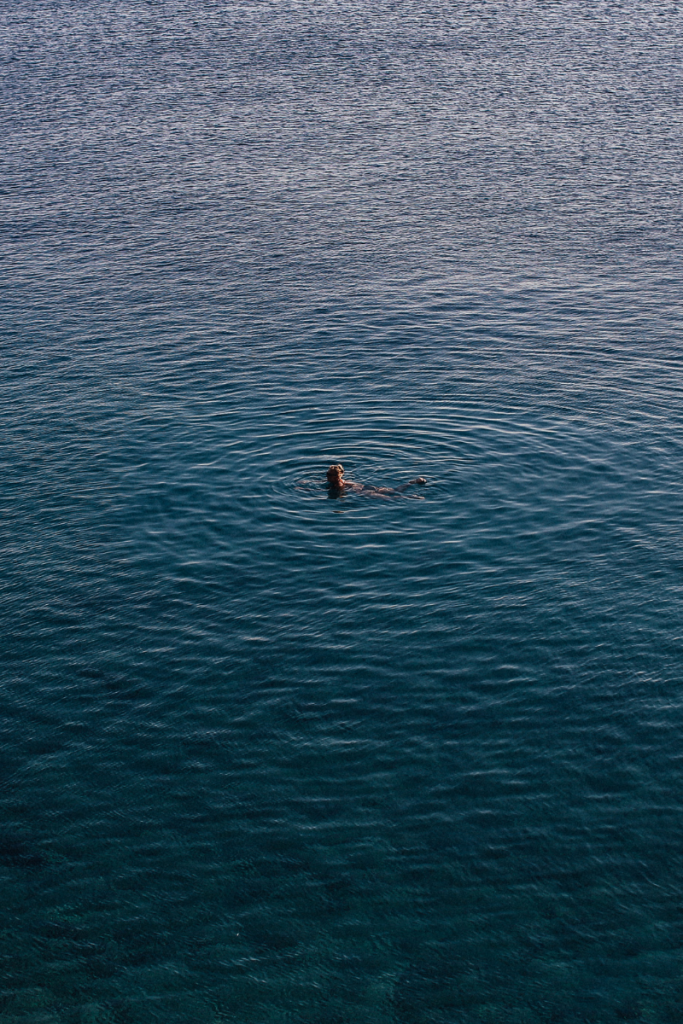
Established in 2011 by the Archaeological Institute of America, International Archaeology Day is celebrated every third Saturday in October, commemorates the field of archaeology and its contributions to society. Local celebrations organized by the AIA and other institutions occur throughout the month of October. There are also many online activities associated with International Archaeology Day, including interactive digs, where one can digitally follow an excavation project as it happens.
Continue reading “Happy International Archaeology Day!”







